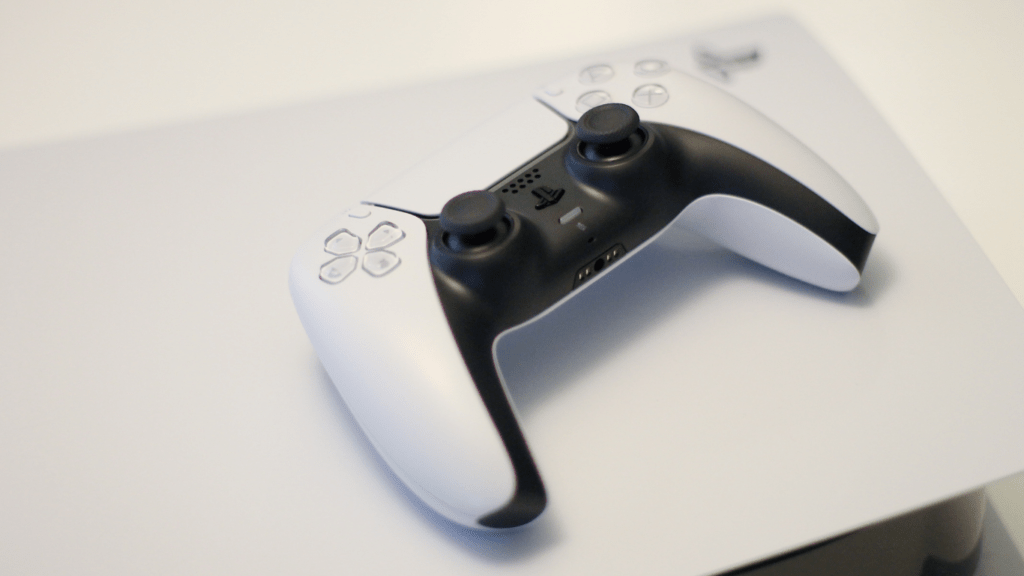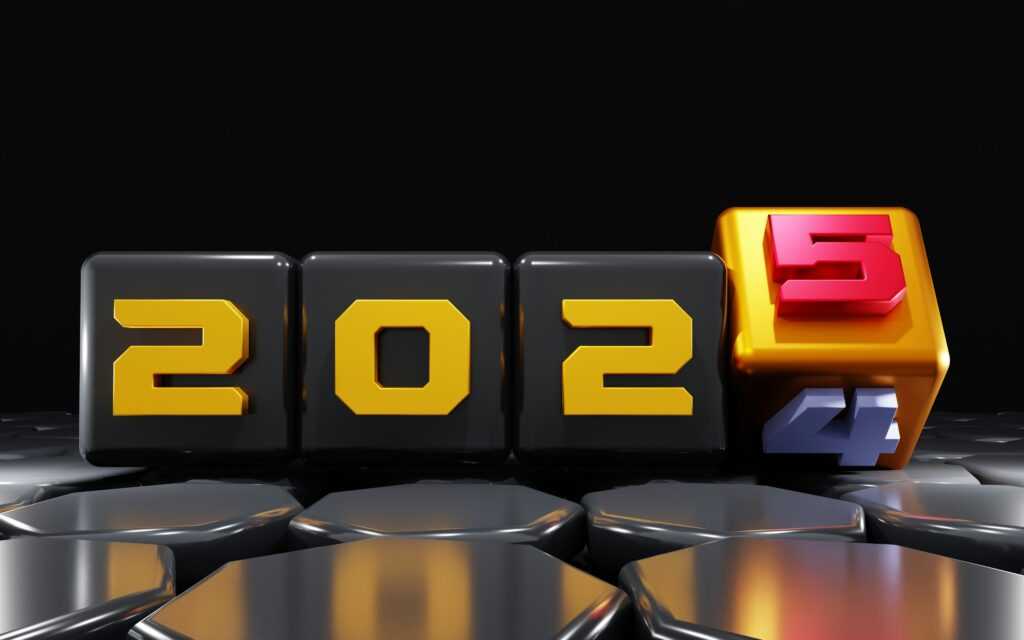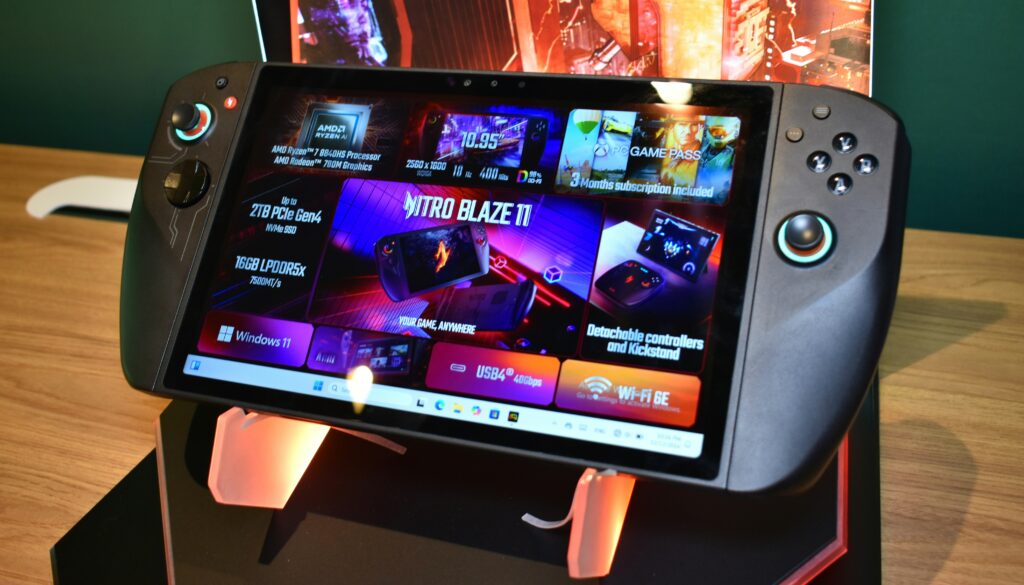As a gaming enthusiast, I’ve always been fascinated by how backward compatibility shapes the landscape of console popularity. It’s no secret that the ability to play older games on newer systems can significantly influence a gamer’s purchasing decision. In this article, we’ll delve into the impact of backward compatibility on the success of gaming consoles.
When a console offers backward compatibility, it opens up a treasure trove of classic titles to both nostalgic players and newcomers alike. This feature not only enhances the gaming experience but also adds value to the console itself. Join me as we explore how this seemingly simple feature can make a world of difference in the competitive world of gaming consoles.
The Importance of Backward Compatibility
Being a crucial factor in console design, backward compatibility significantly impacts the gaming industry. It’s essential to understand how backward compatibility works and its implications on consumer loyalty. Let’s delve deeper into these aspects.
Understanding Backward Compatibility
Backward compatibility refers to a console’s ability to play games from previous generations without the need for additional hardware. This feature allows gamers to enjoy a wide range of titles, including classic favorites, on newer systems. By supporting older games, consoles attract a broader audience, catering to both long-time players looking to relive nostalgia and new gamers exploring iconic titles for the first time. This compatibility feature not only expands the game library but also establishes a connection between different console generations, creating a seamless gaming experience for users.
How Backward Compatibility Influences Consumer Loyalty
The presence of backward compatibility can significantly impact consumer loyalty towards a console brand. Gamers are more inclined to invest in a system that offers them the flexibility to play their existing game collection on the latest hardware. This feature builds trust and satisfaction among users, as it ensures that their gaming investment remains relevant over time. Additionally, by enabling players to carry forward their gaming progress and achievements, backward compatibility enhances the overall gaming experience, fostering a stronger bond between players and their consoles. In a competitive market, where choices abound, backward compatibility serves as a key differentiator, influencing consumer decisions and contributing to the popularity of gaming consoles.
Historial Impact on Console Popularity
Backward compatibility has played a crucial role in shaping the popularity of gaming consoles over the years. It has not only expanded the user base but also influenced consumer loyalty and purchasing decisions.
Case Study: PlayStation Models
I remember how the introduction of backward compatibility in PlayStation consoles revolutionized the gaming experience. The ability to play games from previous generations on newer consoles like the PS2 and PS3 made the transition seamless for players. This feature enhanced the value proposition of PlayStation models and contributed significantly to their widespread adoption.
Case Study: Xbox Series
The Xbox Series is another notable example where backward compatibility has been a key factor in attracting gamers. With the ability to play a vast library of games from earlier Xbox generations on the latest Xbox Series X
S consoles, Microsoft has created a compelling ecosystem for both existing fans and new customers. This backward compatibility feature has not only retained loyal Xbox players but also enticed newcomers looking to explore a diverse range of games across different Xbox iterations.
Technological Challenges of Implementing Backward Compatibility

Implementing backward compatibility poses several technological challenges that console manufacturers must overcome to ensure a seamless user experience. Let’s delve into these challenges in more detail:
- Hardware Limitations
Adapting older hardware to run on new consoles requires meticulous planning and optimization to maintain performance levels. It involves overcoming compatibility issues between different architectures, processors, and graphic capabilities. Memory constraints and input/output systems also need to be considered to ensure smooth operation without compromising game quality. - Software and Game Adaptation
Updating software and games to be compatible with newer console systems is a complex process that demands resource allocation and development time. Ensuring that older games run efficiently on the latest hardware involves addressing software dependencies, system-level changes, and graphical enhancements. Game developers need to rework codes, update APIs, and test extensively to guarantee a bug-free and immersive gaming experience across generations.
Consumer Expectations and Market Trends
As a gamer, understanding consumer expectations and market trends is crucial in predicting the direction of gaming consoles. Let’s delve into survey data on user preferences and future trends in gaming consoles to gain insights into what drives consumer choices and the evolving landscape of gaming technology.
Survey Data on User Preferences
Looking at survey data on user preferences provides valuable insights into what gamers prioritize when selecting a gaming console. Factors such as backward compatibility, graphics quality, online capabilities, and exclusive titles often top the list. Understanding these preferences helps companies tailor their offerings to meet consumer demands and stay ahead in the competitive console market.
Future Trends in Gaming Consoles
Exploring future trends in gaming consoles offers a glimpse into the innovations and technologies shaping the industry. From cloud gaming and streaming services to advancements in virtual reality and augmented reality, the future of gaming consoles is poised for exciting developments. Companies are focusing on enhancing user experiences, pushing boundaries in graphics and performance, and creating more immersive worlds for gamers to explore. Stay tuned for upcoming trends that could revolutionize the gaming landscape.



